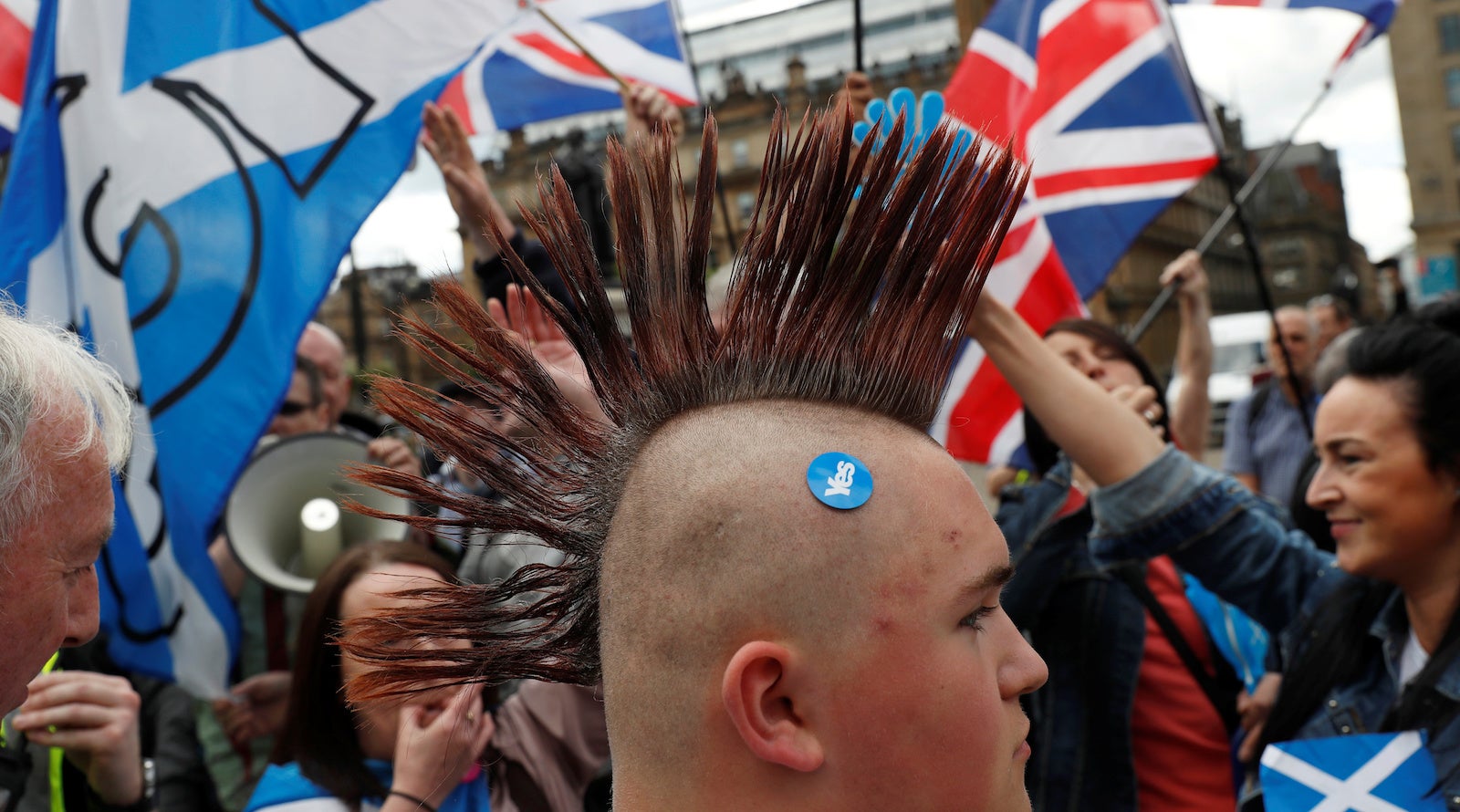Quiz: Can you guess which UK political party is saying what in the aftermath of Brexit?
Until Brexit, UK politics had been divided along fairly predictable lines for decades. The Conservative party, which long espoused the benefits of market liberalism, was seen as the party of the middle class. The Labour party could rely on votes from working-class areas. The Liberal Democrats were positioned between the two as a centrist party, while UKIP represented the right-wing populists eager to leave the EU and cut immigration.


Until Brexit, UK politics had been divided along fairly predictable lines for decades. The Conservative party, which long espoused the benefits of market liberalism, was seen as the party of the middle class. The Labour party could rely on votes from working-class areas. The Liberal Democrats were positioned between the two as a centrist party, while UKIP represented the right-wing populists eager to leave the EU and cut immigration.
In one vote, the Brexit referendum last June swept aside the traditional left-right divide and exposed a new chasm—those open to the world and those who want to pull the drawbridge. Nearly 70% of areas in the country that have long voted for the left-wing Labour Party backed Brexit, while large cities—also Labour strongholds—voted overwhelmingly to stay within the EU.
The country’s biggest parties have been under pressure to quickly adapt to the new political axis. The Conservative party, led by prime minister Theresa May, saw an opportunity to shake off its old label as the “nasty party” and seduce struggling working-class voters who were angry about immigration and globalization. May called a snap election in April to in bid to strengthen her hand in Parliament. Suddenly, it’s Conservatives rallying against “untrammelled free markets” and the “cult of selfish individualism” in their new manifesto, where she declared the Tories the party of workers.
Meanwhile, Labour leader Jeremy Corbyn is being squeezed on all sides—his party needs to find a way to appeal to working-class voters who are now threatening to switch to the Conservatives, while still appealing to highly educated, metropolitan voters made nervous by Corbyn’s outright socialism—and UKIP, which had been calling for a referendum on EU membership for decades, has essentially been wiped out. (The party’s leader says it’s a “victim of its own success.”) As for the Lib Dems, their promise to hold a second referendum—and to essentially be the party for the 48% of Brits who voted to stay within the EU—has fallen flat with voters; many have come to terms with Brexit and just want the government to get on with it.
The result is a topsy-turvy political system where parties are more confused than ever about what, and who, they stand for. With that in mind, can you name the political party behind the following manifesto statements?